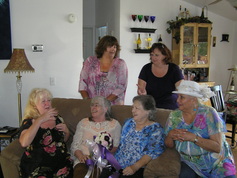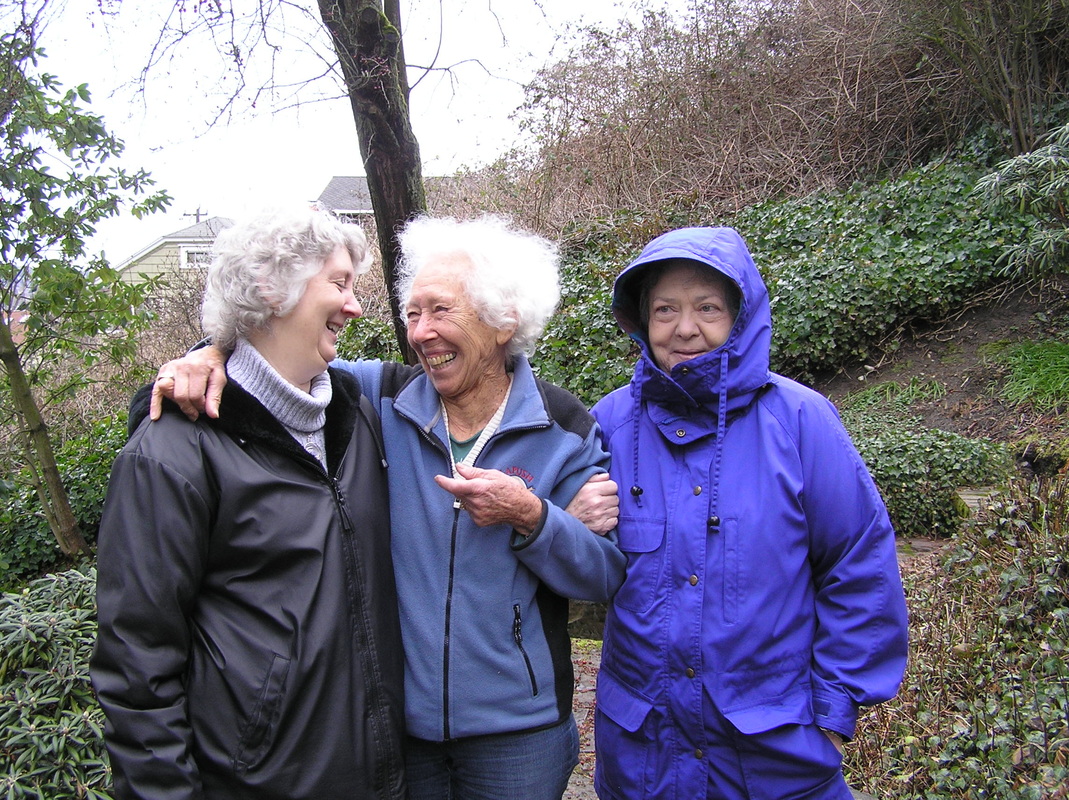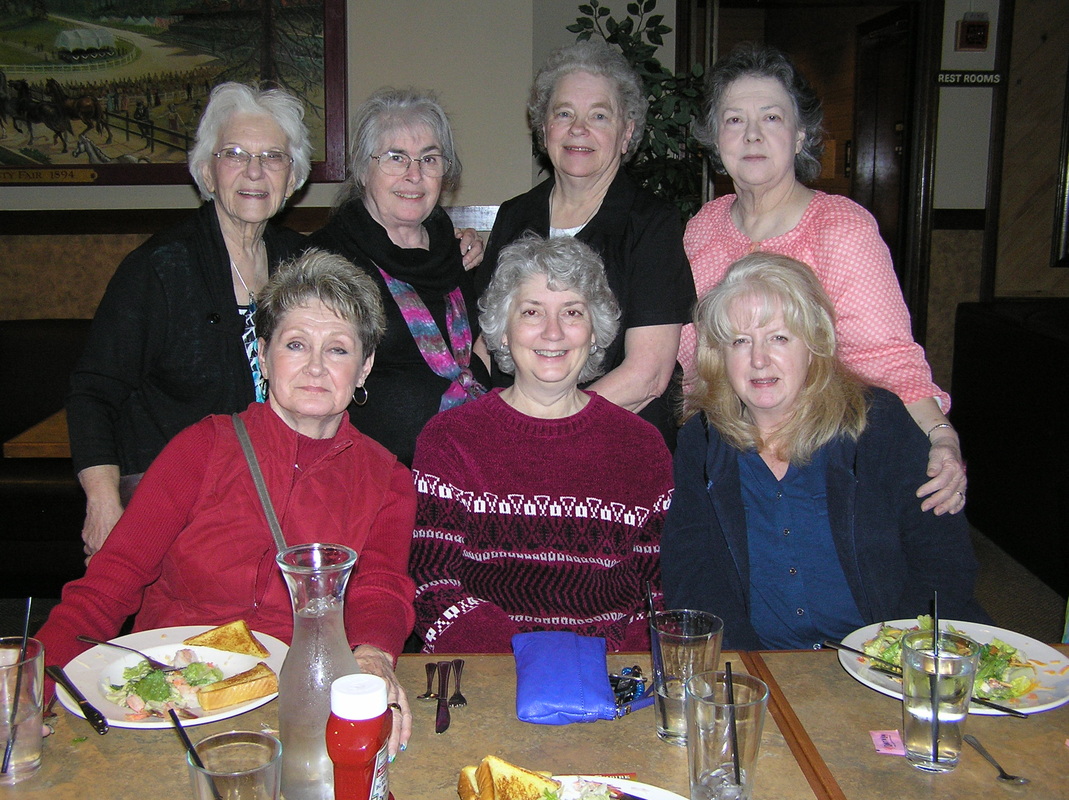
What a difference a professional who “gets it” can make in our lives. Today’s visit with Kyle turned into a joy and blessing. Apparently, Kyle’s new probation officer had a serious talk with Kyle on the way down here because Kyle said a few things I’ve never heard before. I doubt that they came from his counseling sessions or his own damaged brain.
“Mum, I’m an adult now. I can take my father for a walk around the farm. I can help him get dressed.” Oh how I love this dutiful, helpful son! I know today may never happen again, but I am so thankful to have spent a day with the person Kyle could have been!!!
When it was time for Kevin’s nap, Kyle said, “What needs to be done in the gardens? They’re not ready for summer yet. Can’t you work with that boot on your foot?”
Kyle did some hauling and shoveling. Next, we got the bean trellises up then we tied up more peas. We got the squash bed ready, and we planted a whole row of dahlias. I was a little surprised that Kyle remembered how to do the farm chores. I will get my farm planted on time. Praise God!
Kyle even thanked me for making oven fried chicken for dinner and remembered when he burned down the chicken house. “Boy was I scared, especially when the gas cans blew up. I thought you’d kill me for sure.” Kyle stopped in his memories and stared into his plate while pushing the food around. He looked up and grinned. “You didn’t kill me. You just looked at me and started to cry. I’d rather have been sent to my room.”
I guess the point of this ramble is that the right professional can make a huge difference. If one therapist isn’t right, find another. If your doctors make you feel like a failure find another. This probation officer knew how to bring out the best in Kyle. Surely, there must be other professionals out there who know how to encourage and bring out the best in others. I wish we could find someone willing to train volunteers and respite workers in how to bring out the best in our loved ones.
Hang in there. Great days happen.
Celia Jones McKinsey







 RSS Feed
RSS Feed